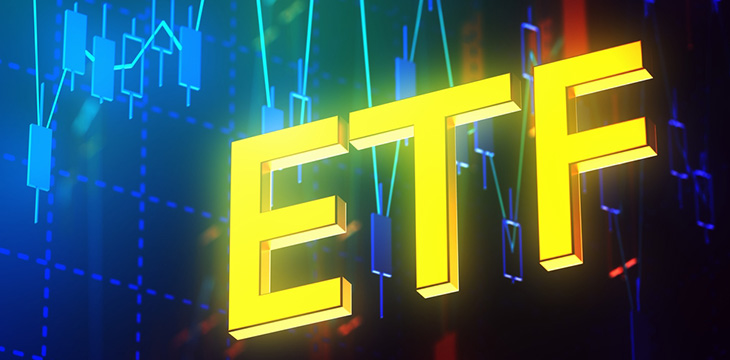|
Getting your Trinity Audio player ready...
|
Hong Kong’s Securities and Futures Commission (SFC) has issued a circular containing the minimum ground rules for the operation of digital asset exchange-traded funds (ETFs).
The rules are specifically designed for future-based ETFs, and as the SFC opens the window for all classes of investors, it deems it imperative to set out a regulatory framework. The purpose of the new rules, according to the securities watchdog, is to legalize digital asset ETFs in a way that “would meet investor demands with appropriate safeguards from an investor protection perspective.”
Firms interested in providing these services to investors are expected to meet the minimum requirements in the SFC handbook pertaining to the asset class and others included in the circular. The firms must have a three-year stellar record of running ETFs and are expected to have a track record of proper regulatory compliance.
Futures seeking approval should be those traded on conventional exchanges and possess sufficient liquidity for investors. For now, only BTC and Ethereum (ETH) futures can be listed, but the SFC states that it is mulling over a potential expansion of the scope of virtual asset futures.
“It has been observed that there are meaningful developments in the virtual assets ecosystem recently and some of the initial concerns over virtual asset futures ETFs have become increasingly manageable and could be adequately addressed with proper safeguards, disclosure, and investor education,” the circular read.
Other points raised by the SFC are that applicants should carry out proper investor education before launch and that net derivative exposure is barred from surpassing 100% of the total net asset value of the ETF.
The tipping point for Hong Kong
Hong Kong’s first attempt at regulating the ETFs pertaining to digital assets came in November 2018. The attempt was tentative, with the SFC highlighting the risks associated with the asset class and allowing only professional investors to dabble in the ETFs.
In the years that followed, Hong Kong’s regulators watched the giant strides made by the ETF industry, especially the influx of both retail and institutional investors in other jurisdictions. The regulators noted the rise in demand for digital asset ETFs. In January 2022, the SFC and the Hong Kong Monetary Authority issued a joint circular to allow the issuance to retail and institutional investors.
The moves form part of a larger plan to transform Hong Kong into a digital asset hub after the region lost some key firms to other jurisdictions. ETFs and friendly legislation toward digital assets could be key in sending Hong Kong to the top, but it faces stiff competition from regions like the United Arab Emirates (UAE) and Portugal.
Watch: The BSV Global Blockchain Convention panel, Blockchain for Digital Transformation of Nations

 02-19-2026
02-19-2026 




